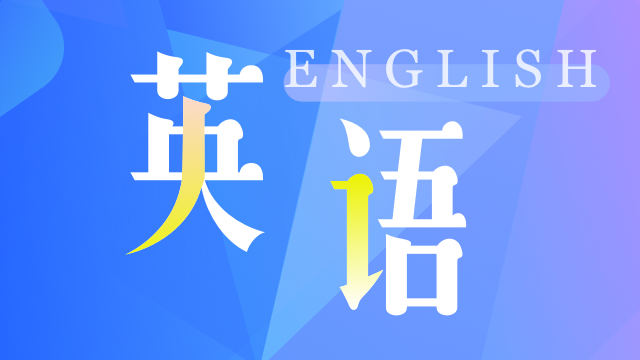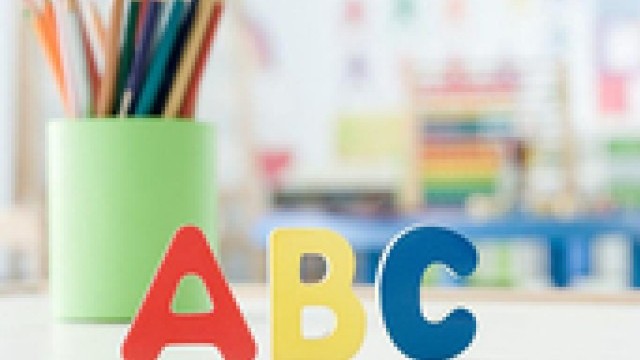说文解字活背英文单词之十 sinst & dext 向左走向右走
人类自有时间以来就一直相信,宇宙间可能有一股 "超自然力量"( supernatural powers)在冥冥中“ 左”、“ 右”他们的命运;芸芸众生常苦于不知向“ 左”走或向“ 右”走。
英语中表达“ 左”与“ 右”这两个空间概念的词根主要为sinist(= the left - hand side,左边)与 dext( = the right-hand side,右边),两者都来自拉丁文。
在古罗马时代,一个 "占卜官"( augur )占卜时面向北方,借观察飞鸟等行动预卜,如果出现的 "征兆"(omen / sign / augury)位于占卜者的“ 左方”(sinist),则视为 "厄运不祥之兆"( bad / ill / inauspicious / unfavorable omen),从此“ 左边”就背上了代表“ 不祥/ 邪恶 / 阴险的”(sinister)恶名,而 a"sinister" smile 也就成为“ 不怀好意的”奸笑了;反之,征兆出现于占卜者“ 右方”(dext)则被视为“ 吉祥的好兆头”(favorable / auspicious omen),但历经岁月洗礼,如今dext 不再带有“ 吉利”的痕迹,仅余“ 右边”或惯用右手操作所代表的“ 熟练”“ 灵巧”(dexterity)的含意。
一个网球选手如能“ 双”(ambi = both)手并用,左右开弓,让左边“ 娴熟的、灵巧的”(dexterous)一如“ 右边”(dext),那么他/她就是一位(ambidextrous tennis player)双手灵巧的网球选手了。
接着我们来瞧瞧,sinist与dext这一“ 左”一“ 右”、分道扬镳的词根,途中究竟如何找寻自己的知音?
1. sinister adj.(sinist = the left hand = awkward or evil)不祥的,阴险的,邪恶的,左边的
ousadj.(dext = the right-hand side = clever and skillful with one's hands) 熟练的,灵敏的,惯用右手的
xter n. & adj.(ambi + dext + er = both + right hand + person = a person able to use both hands equally well) 双手灵巧或技艺高超的人,双面讨好的人;= ambidextrous
xtrous adj.(able to use both hands well)双手灵巧的,技艺高超的,双面讨好的。
最后我们来看sinist 与 dext 这两个永远“ 背道而驰”的词根在形成单词后,如何在日常生活中“ 左”“ 右”逢源:
1.Didn't you hear his sinister laugh?
你没听见他那奸诈的笑声吗?
2.Mr. Lin is a dexterous surgeon.
林先生是位技术纯熟的外科医师。
3.My daughter is an ambidexter , because she can draw pictures with either hand.
我女儿是双手灵活的人,因为她左右手都能画。
4.I'm neither left-handed nor right-handed ; I'm ambidextrous.
我不是只用左手或右手,我是双手并用。
- 相关热点:
- 美剧插曲











